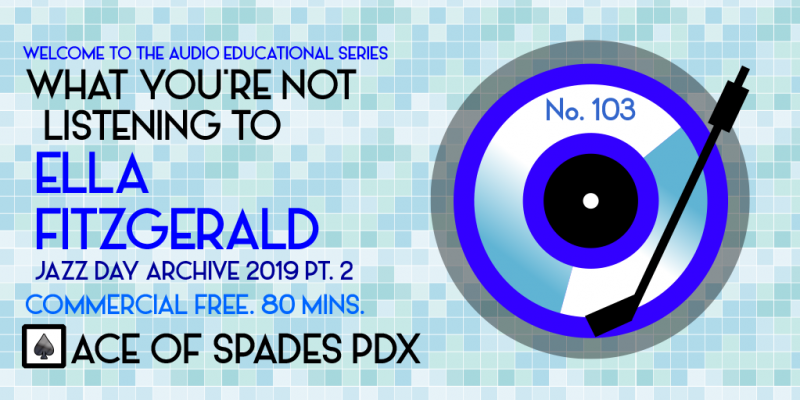Podcast: Play in new window | Download | Embed
A slightly edited version of the program I ran almost two years ago for International Jazz Day. This is the second of two parts featuring what many consider the greatest vocal Jazz albums in history by an artist considered one of the immortals. #ella #Jazz #ellafitzgerald #jazzday
For what was my fourth annual UNESCO International Jazz Day Program, I saluted The First Lady of Song, Ms. Ella Fitzgerald. These are the albums that were part of several firsts:
- First Woman to win a Grammy Award
- First Black artist to win multiple Grammy Awards
- First album ever to be released on Verve Records.
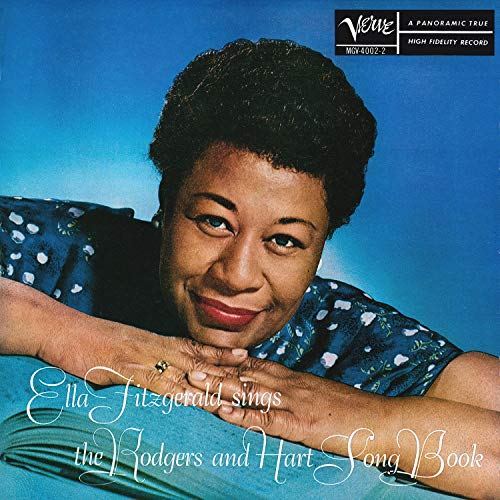
But awards and firsts are only part of the story. If you only knew Ella Fitzgerald from these recordings out the scores of albums and singles she recorded over her lifetime, which stretched from 1935 until 1989, you could not do much better.
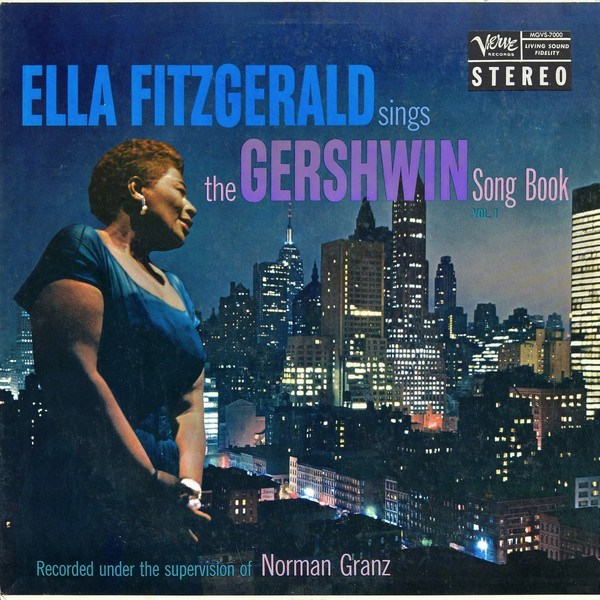
Norman Granz, a music producer, artist manager and the founder of the Jazz At The Philharmonic concert series, fought hard for his clients, of which Fitzgerald was one. He ensured that she received equal billing and equal pay among her male and white counterparts. He also ensured that his concerts were performed at non-segregated venues, which were not common at the time.
After years of dealing with record companies, feeling he wasn’t getting the best deal he could or enough creative control, he formed his own own, Verve, and Fitzgerald’s Cole Porter Songbook album was the label’s first release.
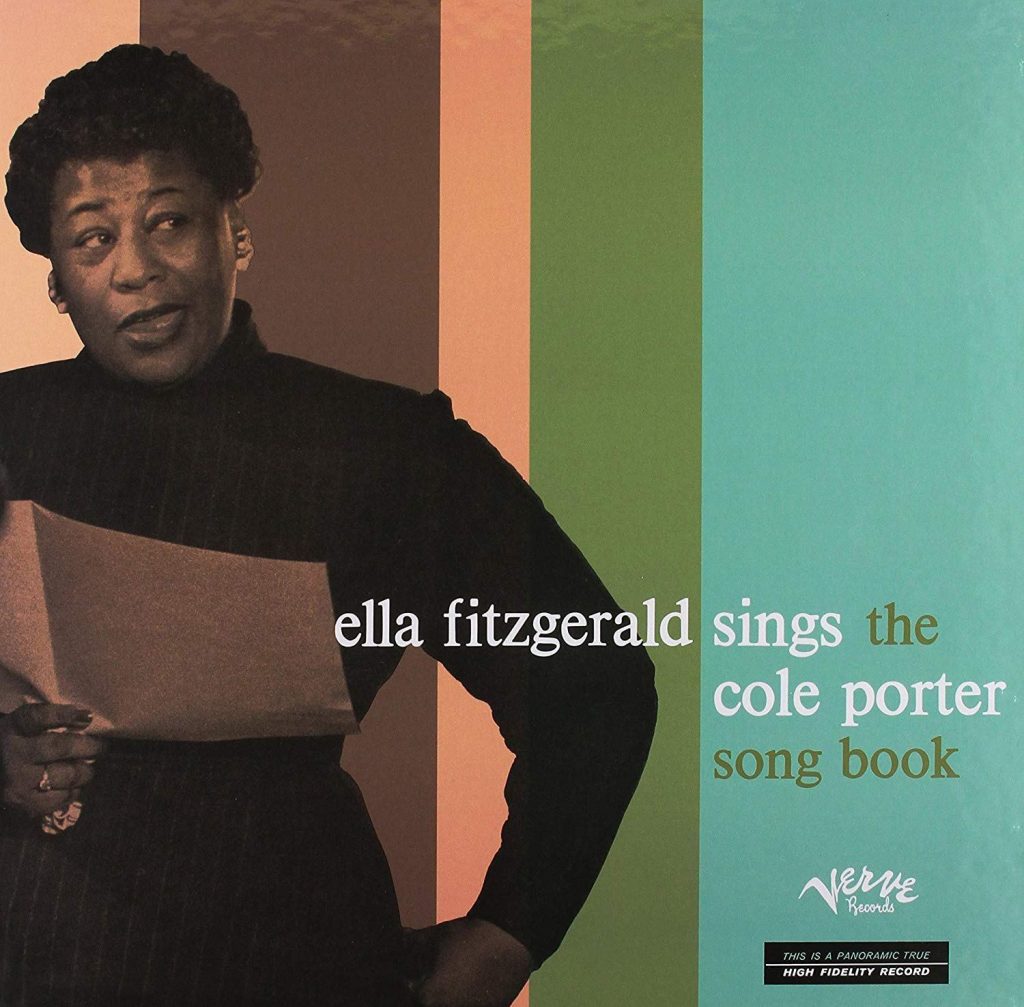
It was an immediate success, and catapulted his client into the upper echelon of performers.
This music, with the exception of one release, is part of what is known as the Great American Songbook. These recordings are a testament to the power and versatility of Jazz music and what it can achieve, as many of the compositions in this program were written by White or Jewish men and were originally Pop songs, film soundtrack cuts or Broadway show tunes.
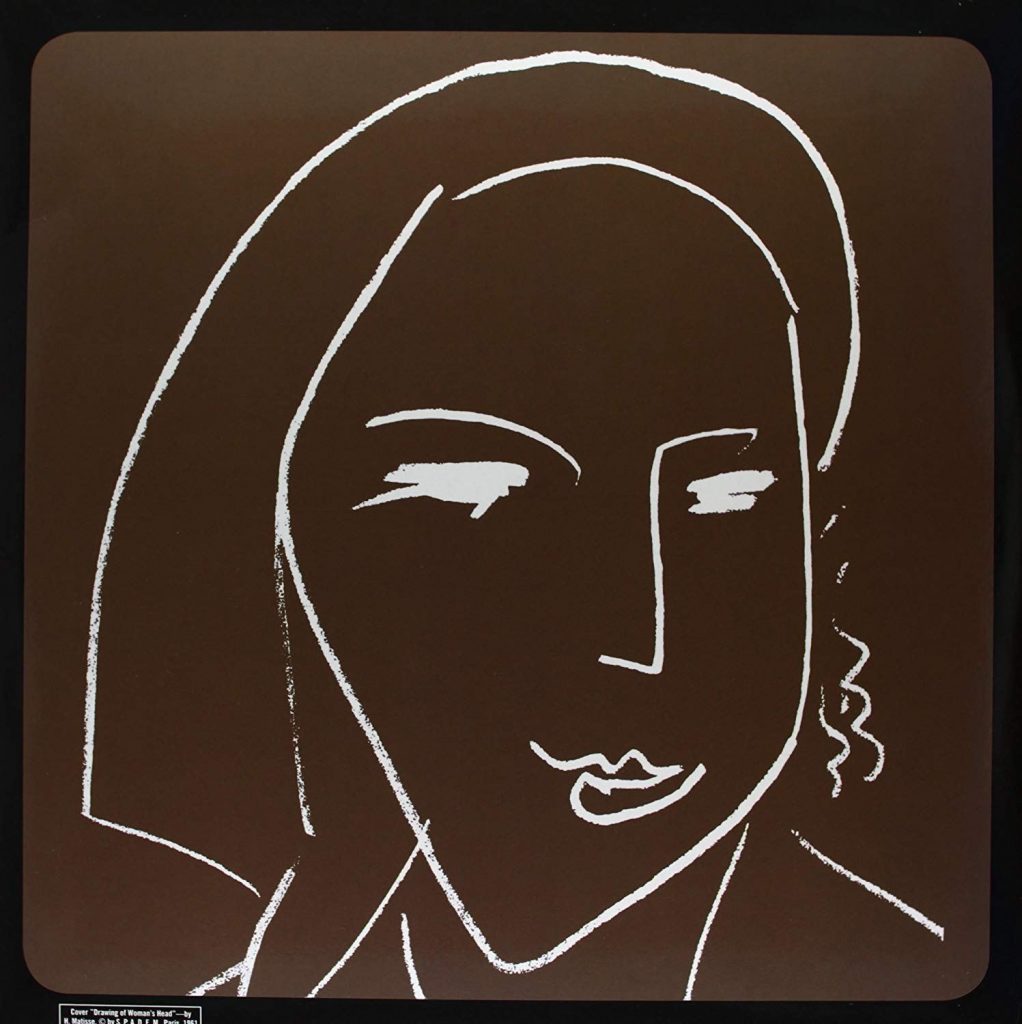
By the time of the first songbook release, Fitzgerald had already been performing for over two decades, not uncommon for Jazz musicians but incredibly uncommon for a singer of pop songs. After the Cole Porter release, Fitzgerald would always receive top billing and always draw large crowds at live performances. It would be followed by six other similar releases, with her also recording a wide variety of other material, including contemporary songs as well, even recording tracks by The Beatles.
Sadly, when her contract with Verve ended, the label’s new parent company, Polygram, chose not renew her contract. She did record briefly for Capitol and Reprise, only to land at Pablo, yet another label founded by Granz, for which Fitzgerald recorded for the remainder of her career.
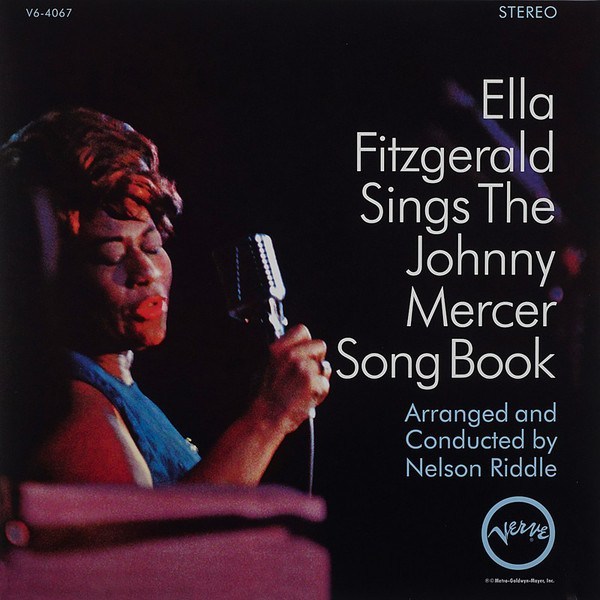
In lesser hands, it could have been a total disaster. These recordings are a testament to the gifts of our featured artist, who truly was a masterclass all her own. As an added bonus, one more selection into the Songbook Series, Ella Abraca Jobim, was recorded in 1981 on Pablo. This release, interestingly enough, was Fitzgerald’s only Bossa Nova material in her very long career.
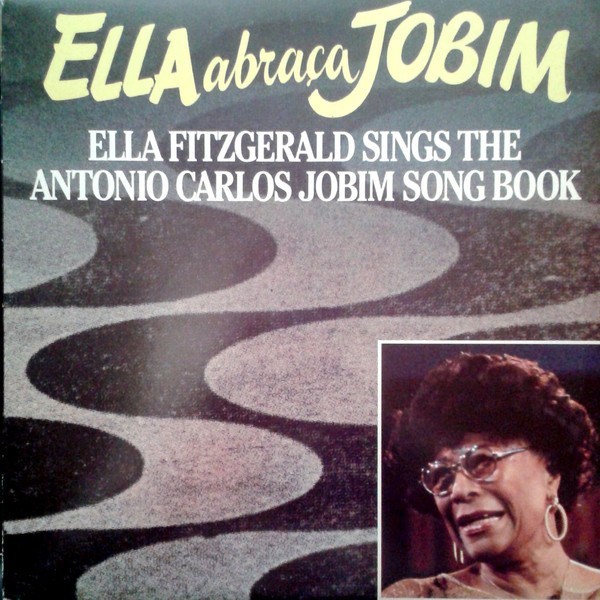
This is a slightly edited version of those programs from 2019: instead of three different tracks from each of these releases, there are two a piece due to time constraints. However, special to this version, is a track that was not a part of those programs which is our grand finale. For those of you who wish to hear the original broadcasts, please visit my design website at www.aospdx.com and find it under the Podcasts tab.
And, if you’re wondering why this program doesn’t spotlight The Duke Ellington Songbook, it’s because I spotlighted that release last week, show 102. Find it on the blogcast page or in Apple or Google podcasts.
First Part
- The Lady Is a Tramp, 1956, The Rodgers and Hart Songbook
- Little Girl Blue, 1956, The Rodgers and Hart Songbook
- Strike Up The Band, 1959, The George and Ira Gershwin Songbook
- Shall We Dance, 1959, The George and Ira Gershwin Songbook
- Love For Sale, 1956, The Cole Porter Songbook
- Begin The Beguine, 1956, The Cole Porter Songbook
- The Man That Got Away, 1961, The Harold Arlen Songbook
- It’s Only a Paper Moon, 1961, The Harold Arlen Songbook
Second Part
- Something’s Gotta Give, 1964, The Johnny Mercer Songbook
- Skylark, 1964, The Johnny Mercer Songbook
- The Boy From Ipanema, 1981, Ella Abraca Jobim
- One Note Samba, 1981, Ella Abraca Jobim
- Blue Skies, 1958, The Irving Berlin Songbook
- Heat Wave, 1958, The Irving Berlin Songbook
- The Way You Look Tonight, 1963, The Jerome Kern Songbook
- Can’t Help Lovin’ Dat Man, 1963, The Jerome Kern Songbook
Finale
- Blues In The Night, 1961, Sings The Harold Arlen Songbook
Love to you all.
Ben “Daddy Ben Bear” Brown Jr.
Host, Show Producer, Webmaster, Audio Engineer, Researcher, Videographer and Writer
“Copyright Disclaimer Under Section 107 of the Copyright Act 1976, allowance is made for ‘fair use’ for purposes such as criticism, comment, news reporting, teaching, scholarship, and research. Fair use is a use permitted by copyright statute that might otherwise be infringing. Non-profit, educational or personal use tips the balance in favor of fair use.”
